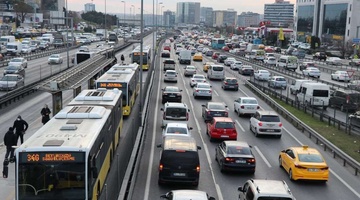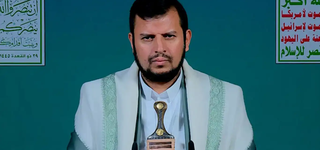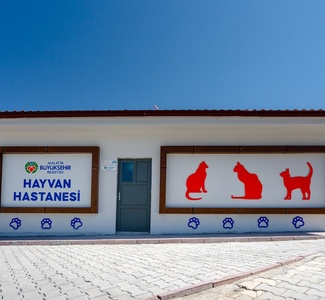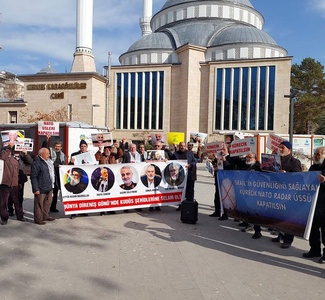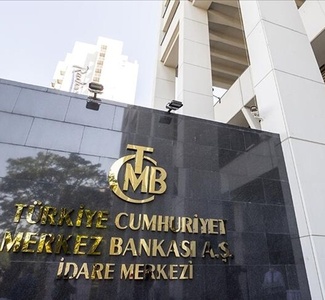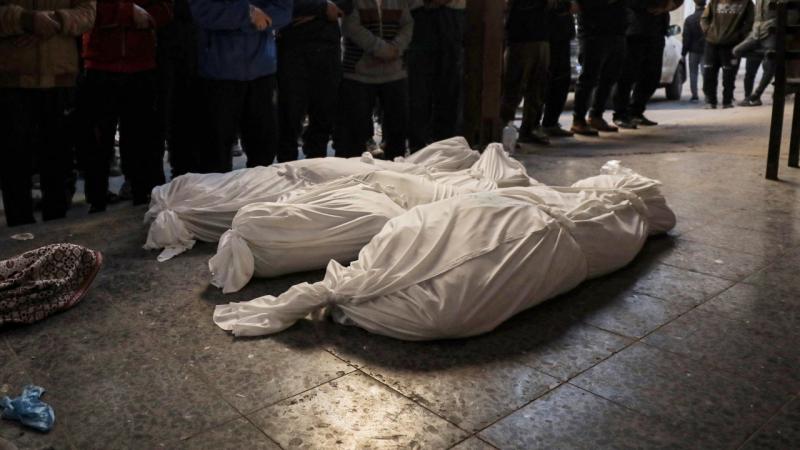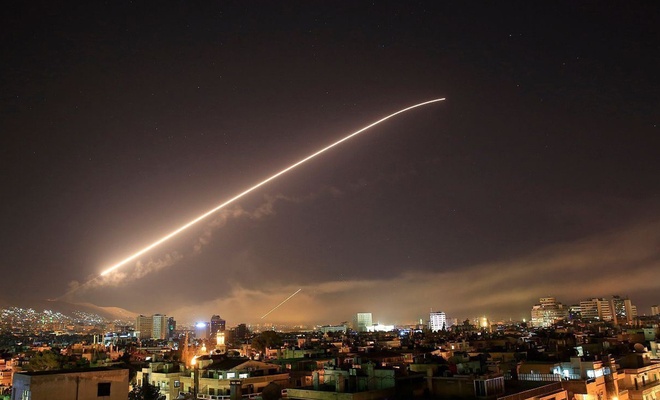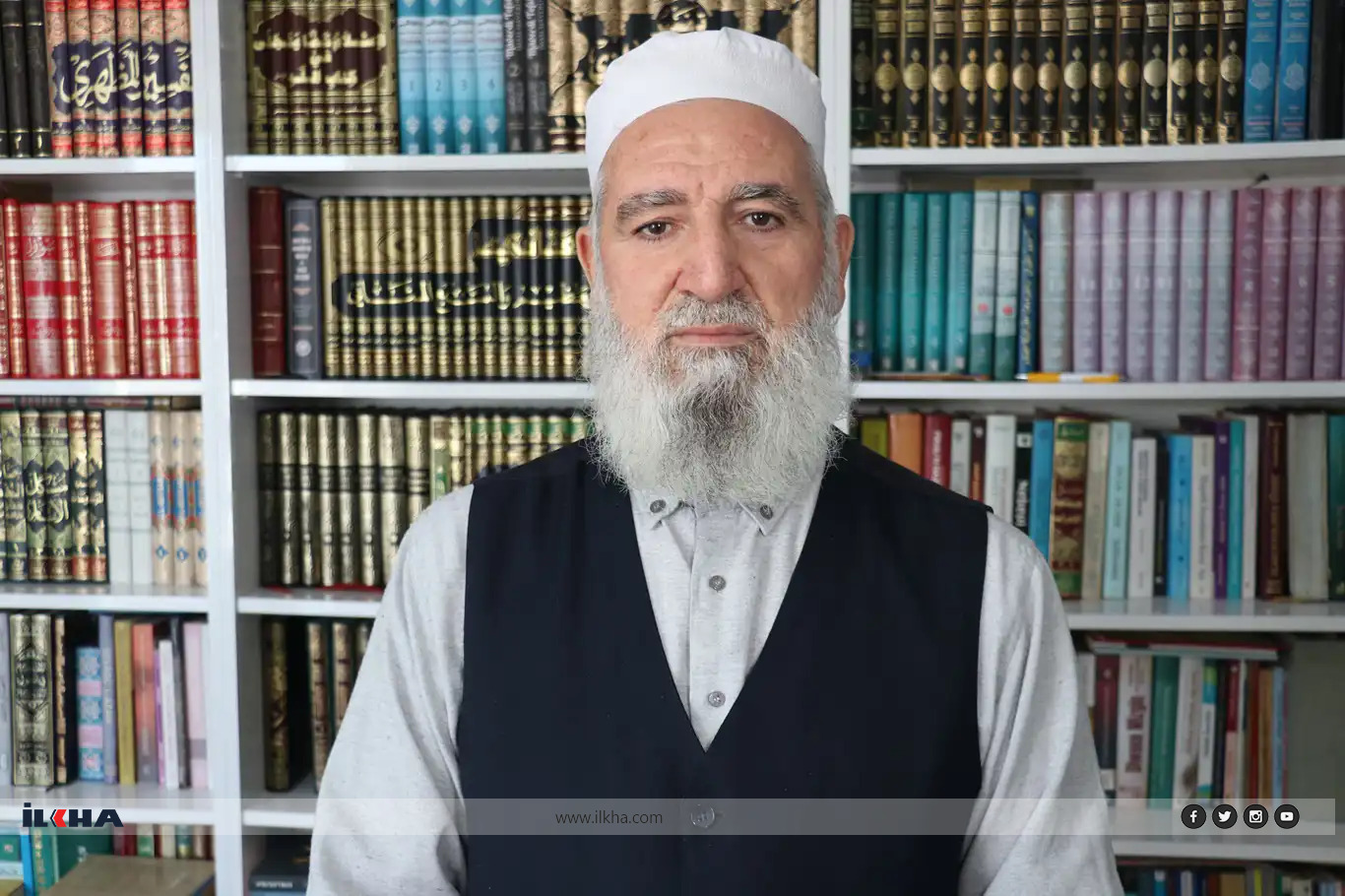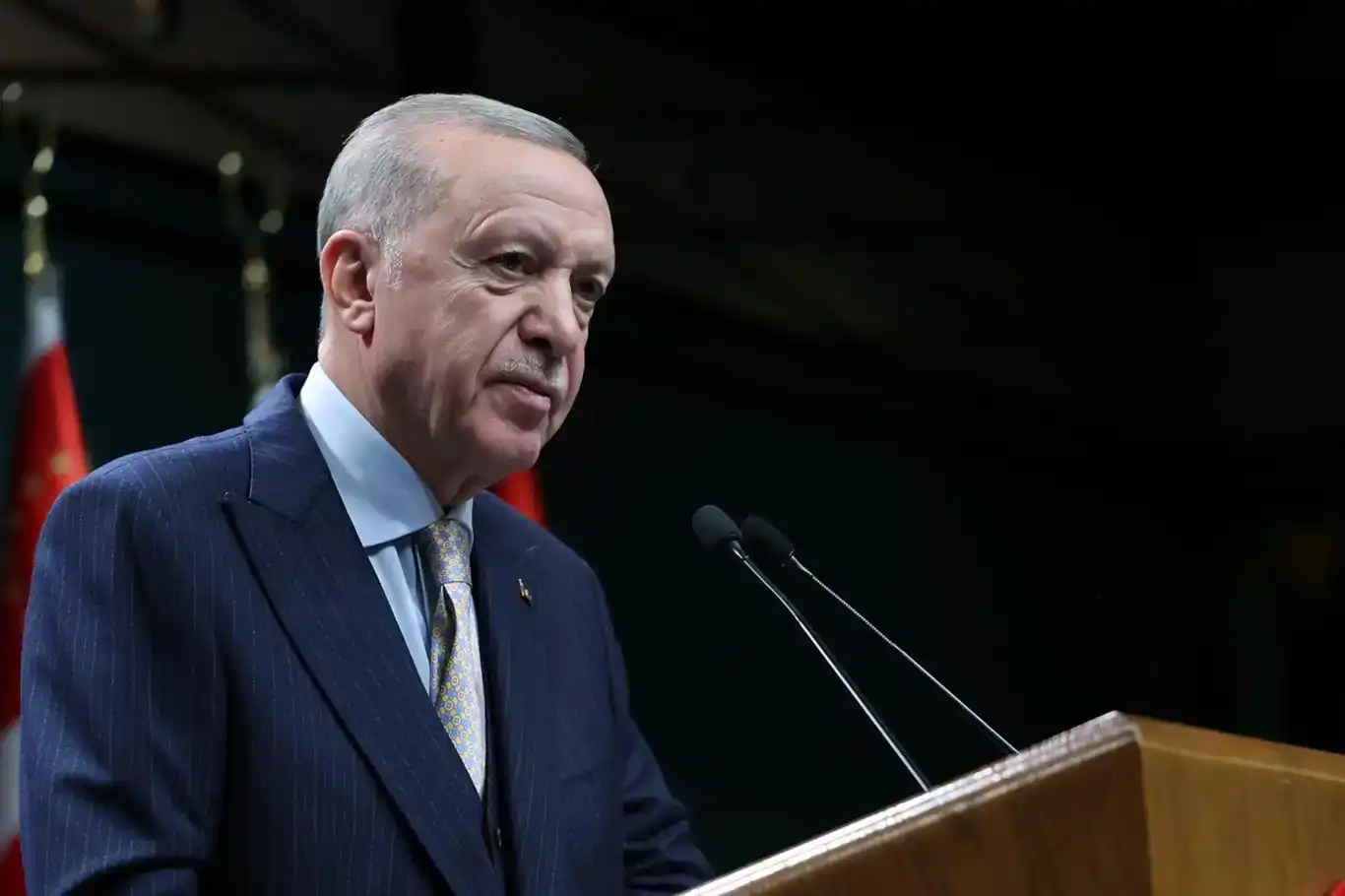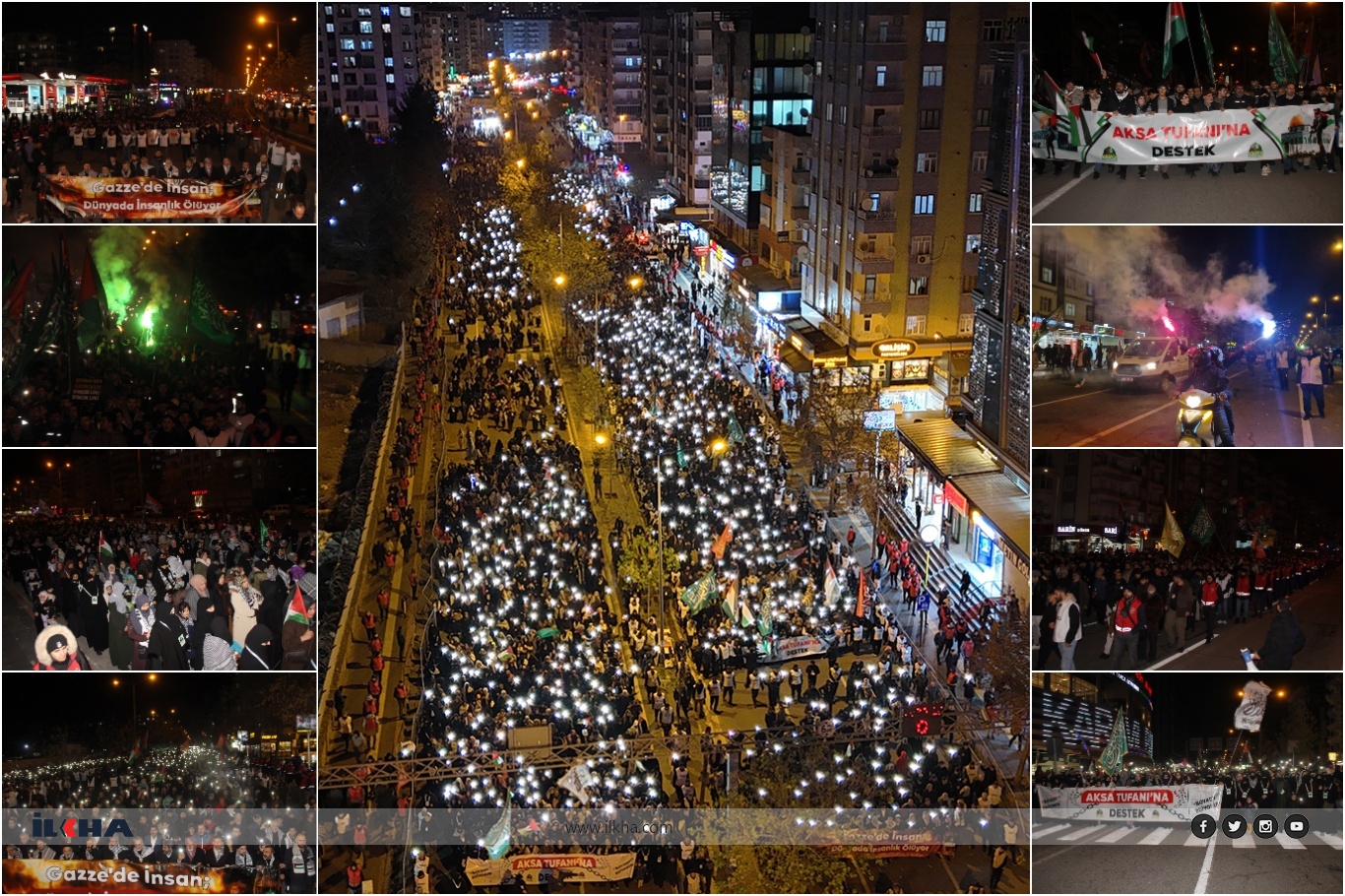Monkeypox outbreak can be stopped—WHO official
Rosamund Lewis, WHO Technical Lead on Monkeypox, said that the rapidly spreading monkeypox outbreak can be stopped.
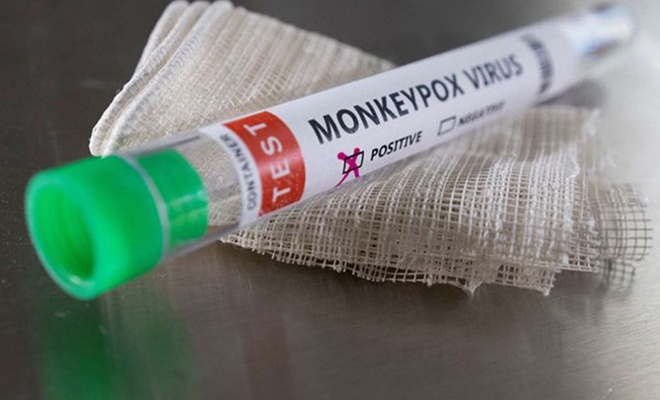
 Google News'te Doğruhaber'e abone olun.
Google News'te Doğruhaber'e abone olun. "We do at this moment still believe that this outbreak of monkeypox can be stopped with the right strategies in the right groups but time is going by and we all need to pull together to make that happen," Lewis told reporters.
On Saturday, the World Health Organization (WHO) declared the outbreak a Public Health Emergency of International Concern (PHEIC), raising the status of the outbreak to a global health emergency.
"WHO is still working towards determining a global coordination mechanism. At the moment, it's something that's still in discussion," she added.
The ongoing outbreak of monkeypox was confirmed on May 6, beginning with a British resident who, after traveling to Nigeria, where the disease is endemic, presented symptoms consistent with monkeypox on April 29. The resident returned to the United Kingdom on 4 May, creating the country's index case of the outbreak.
From 18 May onwards, cases were reported from an increasing number of countries and regions, predominantly in Europe, but also in North and South America, Western Asia, and Australia. 334 cases had been confirmed as of May 26.
The origin of several of the cases of monkeypox in the United Kingdom is unknown. Some monitors saw community transmission taking place in the London area as of mid-May. Further cases of the virus were reported in North East and South East England, Scotland, Wales, and Northern Ireland.
Monkeypox is a viral infection that manifests a week or two after exposure with fever and other non-specific symptoms, and then produces a rash that can last for a couple of weeks before usually clearing up. In infections before the current outbreak, between one and three people out of a hundred known infections have died. Cases in children are more likely to be severe. (ILKHA)





























